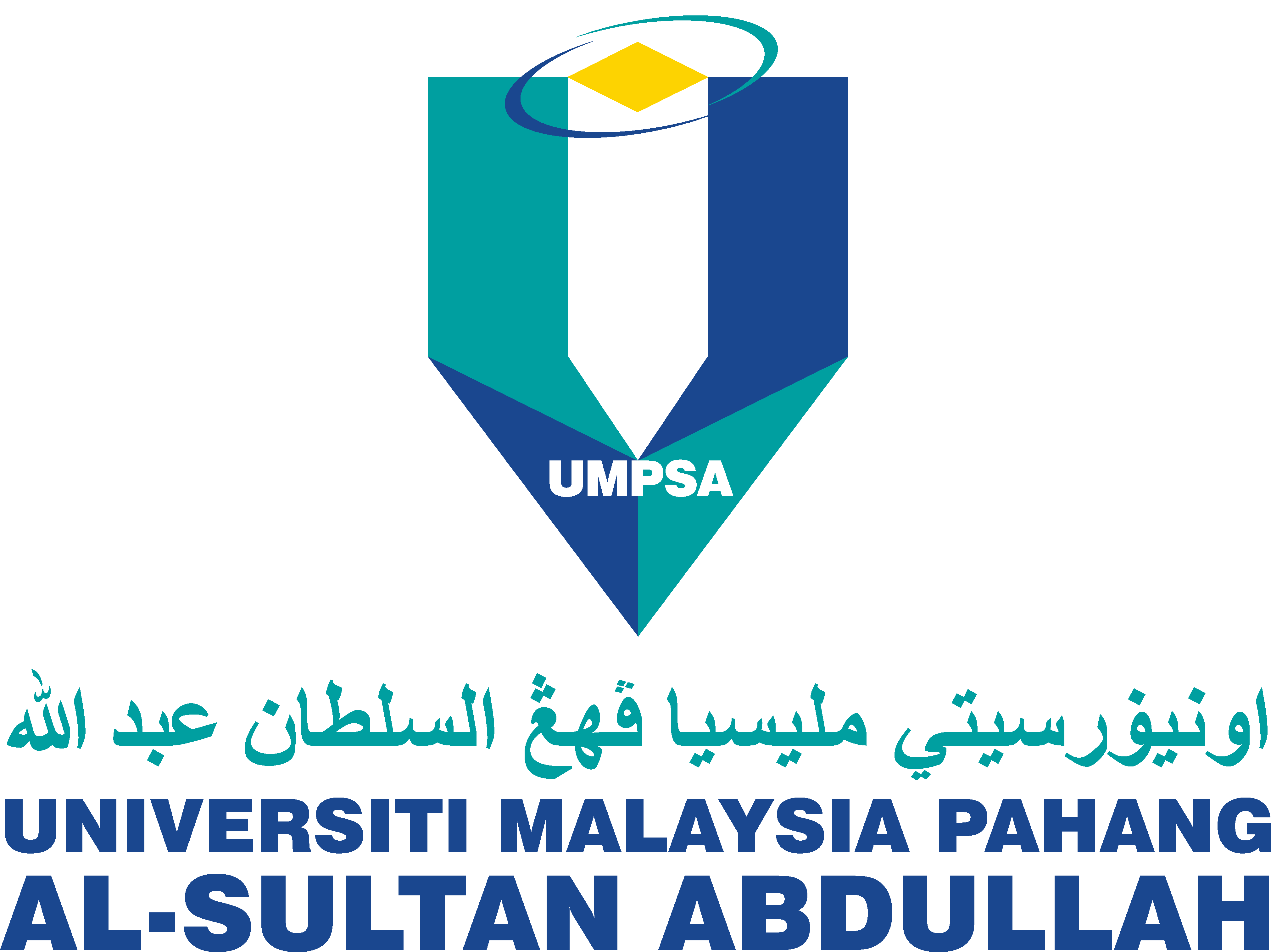ISLAMIC WORK ETHICS AND EMPLOYEES’ PERFORMANCE WITH MEDIATING EFFECT OF JOB SATISFACTION IN YEMEN
Keywords:
Islamic Work Ethics, Job Satisfaction, Employees‘ Performance, Equity Theory, YemenAbstract
This study aims to examine the Islamic work ethics and employees‘ performance with mediating effect of job satisfaction on governmental sector in Yemen. Islamic work ethics (IWE) is set as the independent variable and employee‘ performance (EP) is set as the dependent variable, whereas job satisfaction is set as mediator between IWE and EP. The study employed a stratified random sampling method. Data was gathered by questionnaires that were distributed among 520 employees in governmental sector in Yemen. The first part of the questionnaire covers the demographic profile of the respondents; whereas the second part of the questionnaire tested the variables‘ items. The gathered data was processed by statistical package for social sciences (SPSS) version 20 and Amos 22. The findings of the study indicated that Islamic work ethics directly impact on job satisfaction and the standardized coefficient was 0.854. Also this result shows the direct influence of job satisfaction on employees‘ performance, and the standardized coefficient was 0.406. The mediation effect of job satisfaction for the relationship of Islamic work ethics and employees‘ performance was found partially mediate and the standardized coefficient was 0.570. This study proves that the overall governmental performance and high level productivity can be achieved if government can try to improve and enhance Islamic work ethics and job satisfaction. The study indicated that employees‘ awareness and implementation of the work ethics based on the Islamic principles would stimulate and enhance performance of such employees. In the same context, implementation of IWE in the governmental sector can further strengthen employee job satisfaction and consequently enhance performance and high productivity
Downloads
Published
Issue
Section
License
Copyright (c) 2017 The Author(s)

This work is licensed under a Creative Commons Attribution-NonCommercial 4.0 International License.



